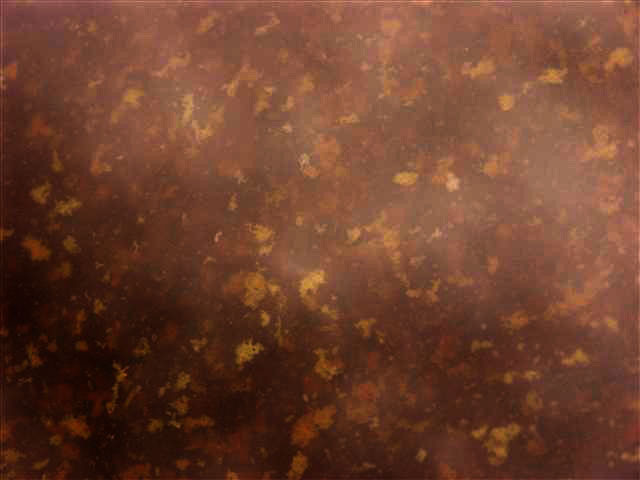paulpj26
Regular.
Is there any advantage to doing a 90 minute mash and 90 minute boil as opposed to doing 60 minutes?
I've always done 90 minutes as per GW book, however, I keep on reading that a lot of people do 60 minutes.
Am I just wasting my time and electricity doing 90 minutes?
:
I've always done 90 minutes as per GW book, however, I keep on reading that a lot of people do 60 minutes.
Am I just wasting my time and electricity doing 90 minutes?
:









![BREWING THERMOMETER STICKERS ACCURATELY MONITOR FERMENTING BEER & WINE LIQUID TEMPERATURES 5PCS HOME BREW SPIRITS WINE LCD ADHESIVE [US]](https://m.media-amazon.com/images/I/311DDjo2X3L._SL500_.jpg)

































